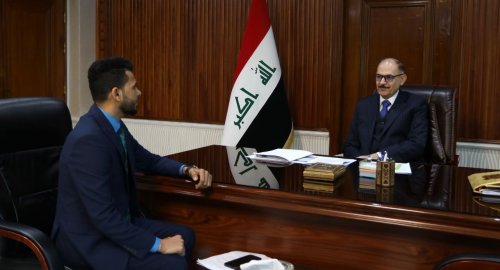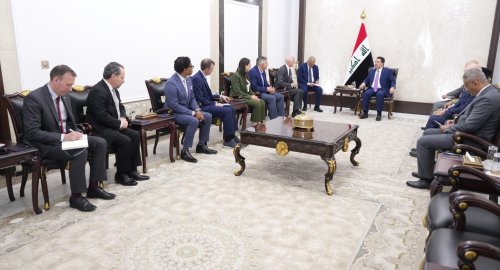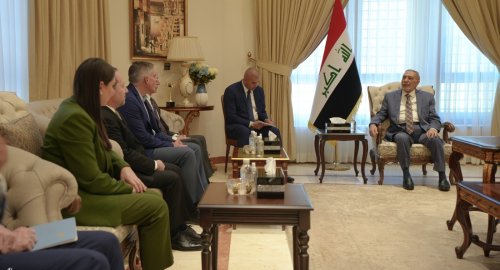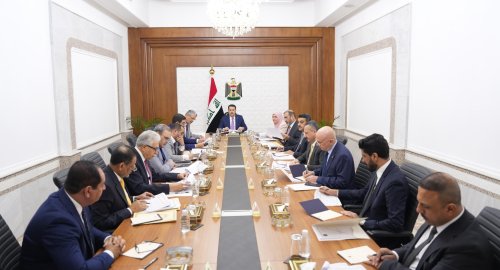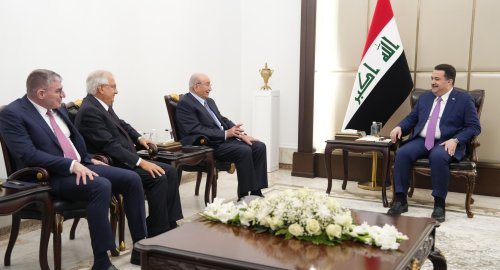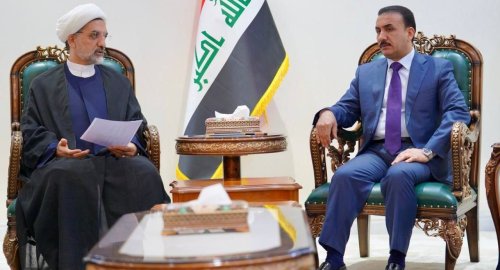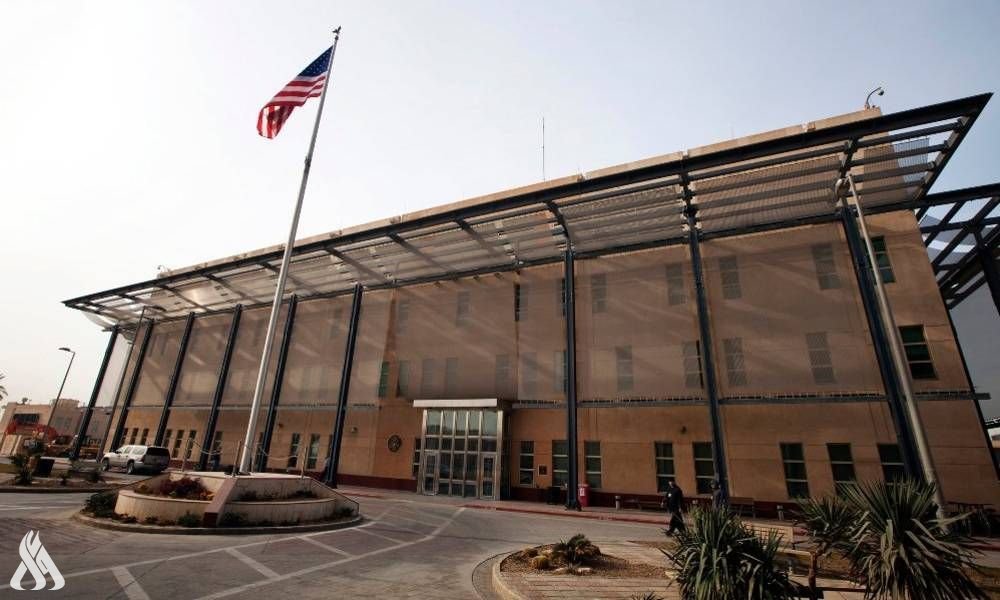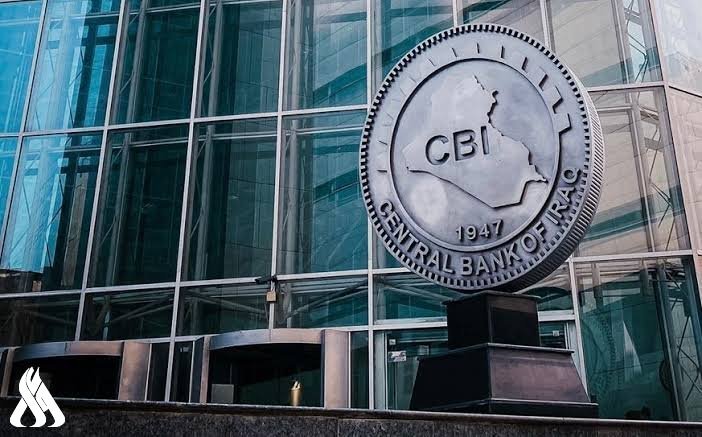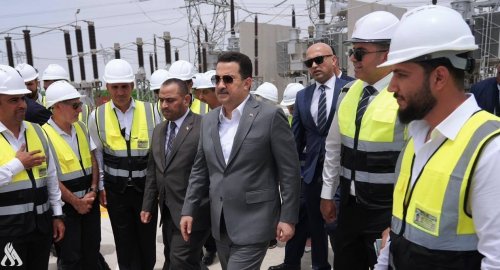
The Ministry of Electricity concludes many contracts and implements important strategic projects

- 28-10-2023, 12:28
Baghdad-INA
Despite the difficult electrical energy crisis in Iraq that reached to the point of becoming one of the most sensitive issues due to its direct impact on the lives of citizens, the government of Muhammad Shiaa Al-Sudani was able to raise the rates of electrical energy production through emergency projects and to conclude contracts with major companies to establish pioneering projects that eliminate the decades-long power problem.
Officials and experts in the electric power sector confirmed the rise in electricity production over the past summer compared to previous years, as a result of government projects and their seriousness to resolve the electricity crisis once and for all.
The Minister of Electricity, Ziad Fadel, told the Iraqi News Agency (INA): “Within a year of us assuming responsibility in the Ministry of Electricity, the rates of electric energy production increased at a rate of (21 thousand megawatts) to (24 thousand megawatts) on average, with the highest load we achieved, which reached (26 thousand megawatts).”
He added: "The increase in electricity came from adding important strategic projects during this year, the most important of which is the cooling systems project, which contributed an addition (800 Micro Watts), in addition to the establishment and implementation of a major maintenance programme for production units and the upgrading of the production level of units beyond (16 thousand Micro Watts) in the field of operational units."
He continued, "The Ministry succeeded, during the first year of the current government's life, in resolving a very important file, which is the file of maintenance of production units, with long contracts extending for five years with major manufacturing companies, which will give us great stability in the production of our production units, and this is considered one of our most important achievements at the maintenance level."
Fadel confirmed: “We succeeded, during the nine months of the first year, in proceeding with the first three contracts signed for solar energy, which is the Total 9000 NVA contract in Basra Governorate in coordination with the Iraqi Ministry of Oil, and the Al-Bilal Group contract (525 megawatts), in addition to the Power China contract at a rate of 750 megawatts, where the first phase will be 250.
“These important contracts were concluded within a year of the current government's life, and therefore they are the first three solar energy projects implemented in Iraq."
He pointed out, “One of the important projects that had been suspended as a plan since 2017 are combined cycle projects, but during this year we signed contracts for approximately (1,250 megawatts) as a first phase, and we are now in the process of signing contracts for the second phase, which is approximately (2,500 megawatts) So that the additional energy that was signed during the year 2023 will reach (4000 thousand megawatts).”
He continued by saying: “This energy will be added to the electrical network without any fuel, using the heat emitted from simple units, and will contribute to saving more than 4 billion dollars annually, which will be returned to the treasury as a result of purchasing gas to operate only (4000 megawatts).”
“We succeeded in resolving the issues of interconnection lines with neighboring countries, signed the agreement with the Kingdom of Saudi Arabia,. We also proceeded with launching the interconnection project with the Gulf Cooperation Council during this year, and now the companies are in the implementation phase,” he continued.
The Minister of Electricity confirmed, "The Iraqi-Jordanian power link line has been fully completed, and within the next week the electricity will start for the first time."
He pointed out, “There is an agreement signed between the Iraqi government since we assumed responsibility with the two largest companies for producing electric power and also with the transmission networks, which are the American General Electric Company and the German Siemens, which included the rehabilitation and maintenance of our units for five years, In addition to establishing a national control center for the first time, to monitor production units and implement stations for transmission and distribution of electrical energy during this agreement.”
The Minister of Electricity explained, "We implemented more than twenty stations and rapid projects, which contributed to all governorates of Iraq by adding more than (5,000 megawatts) in the governorates of Baghdad, Diyala, Diwaniyah, Holy Karbala, Basra, and Musayyib, in addition to adding more than 35 mobile and fixed stations."
He pointed out, "There are a large number of distribution projects that were implemented during the first year only, in Baghdad, exceeding 38distribution stations, with thousands of transformers, poles, and wires being prepared."
For his part, a member of the Parliamentary Electricity Committee, MP Kazem Al-Touki, explained that “the electricity sector needs a lot of infrastructure, especially energy production, but what we see today is the seriousness of Prime Minister Muhammad Shia Al-Sudani and the Minister of Electricity Ziad Ali Fadel, in finding quick solutions, from During several urgent projects or what we call emergency projects.”
"Emergency projects included the maintenance, development and increase capacity and rehabilitation of old stations, especially the cooling produced by Siemens, which added 700 microwatts."
He noted that "the budget allocated funds for the development of electricity and the establishment of secondary distribution plants in more than one governorate, this is also a problem because electricity depends on production, distribution, and lines, so we found in the budget when it was approved and voted on many projects in those three sectors."
US Embassy: Trade Mission of 60 Companies Visits Iraq
- politics
- 25/04/07
CBI unveils comprehensive reform plan to modernize banking sector
- Economy
- 25/04/07
Al-Sudani Meets Delegation from J.P. Morgan Bank
- politics
- 25/04/08
PM: The value of investment licenses in Iraq reaches $88 billion
- politics
- 25/04/09

